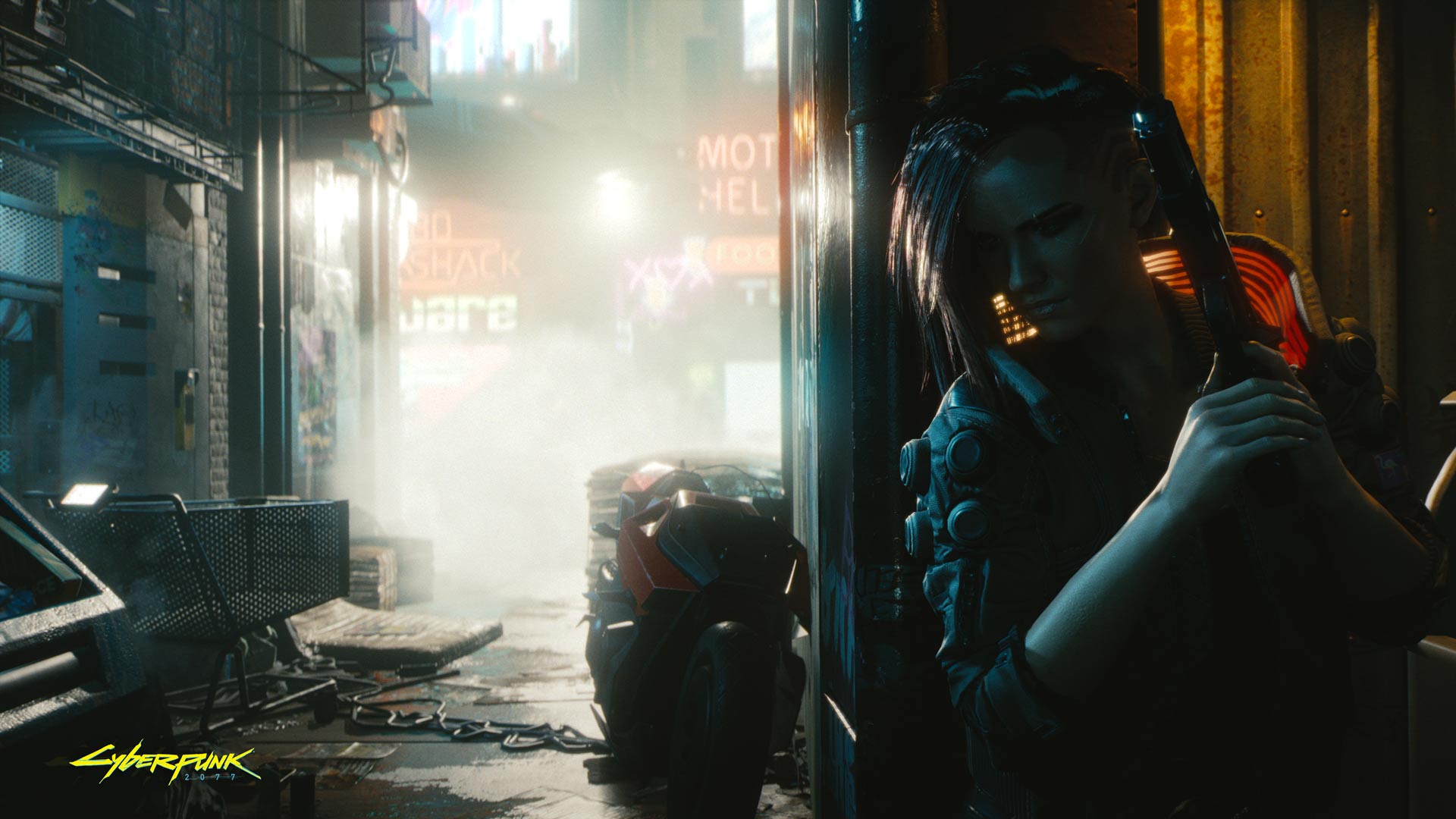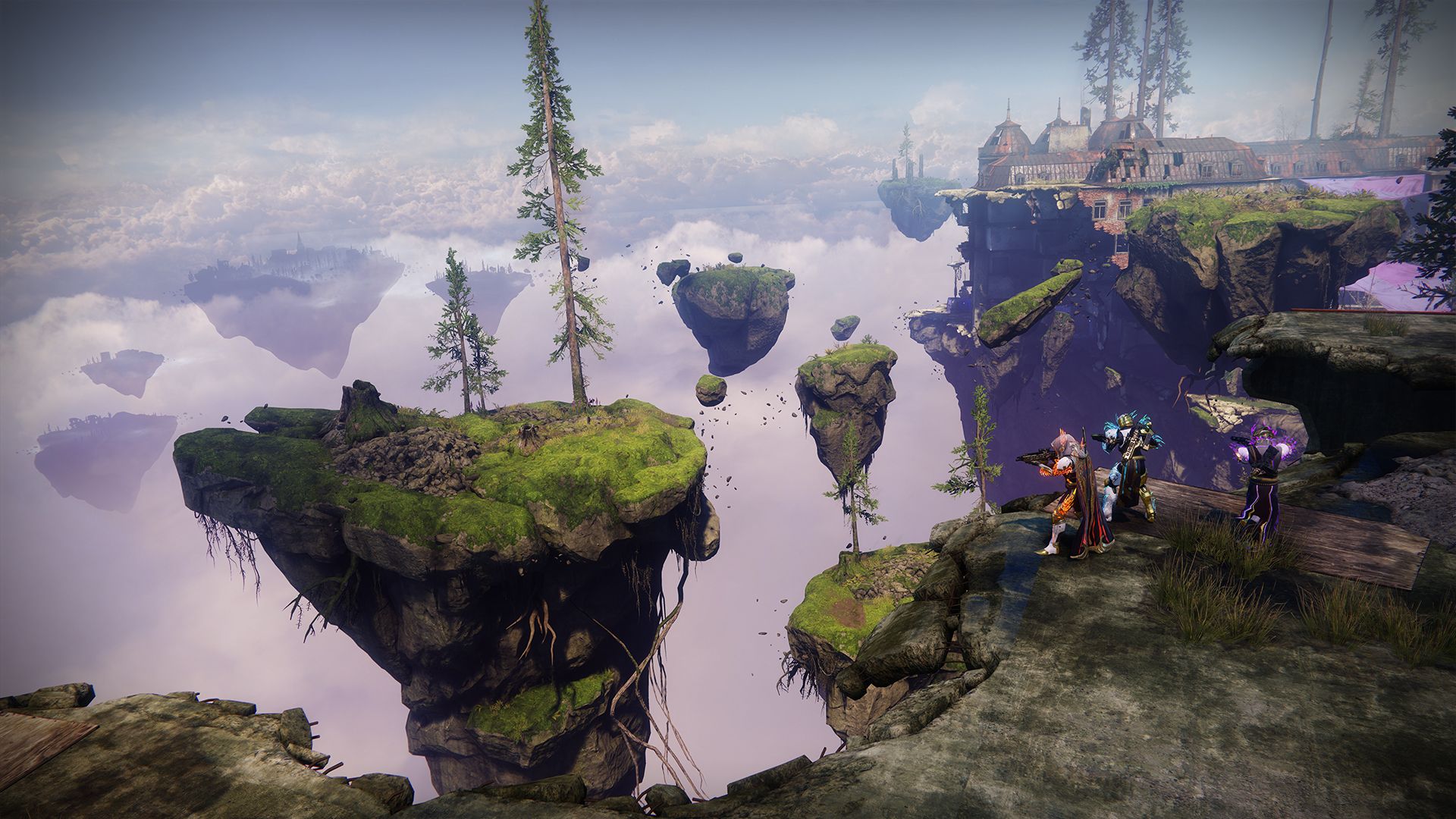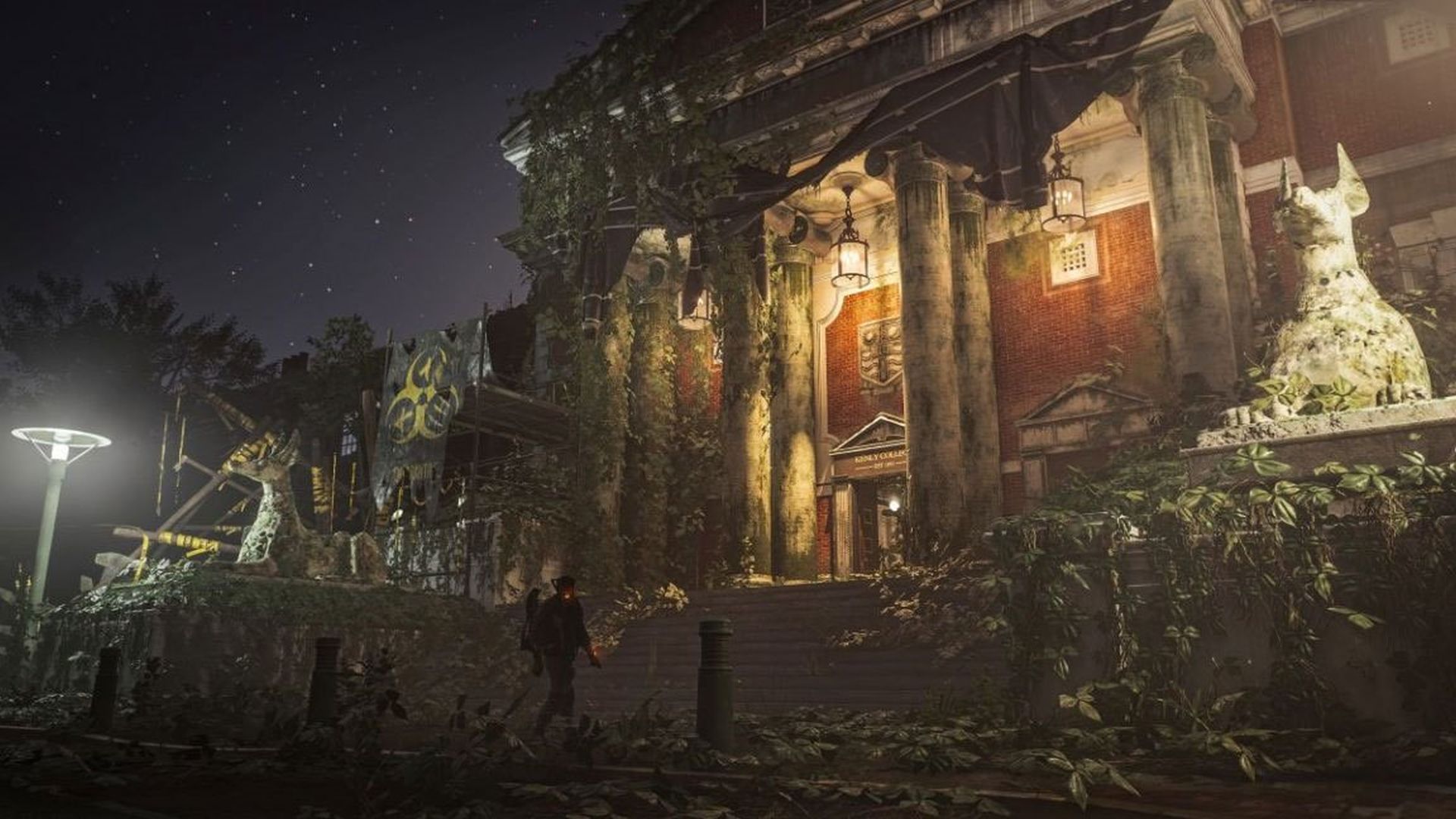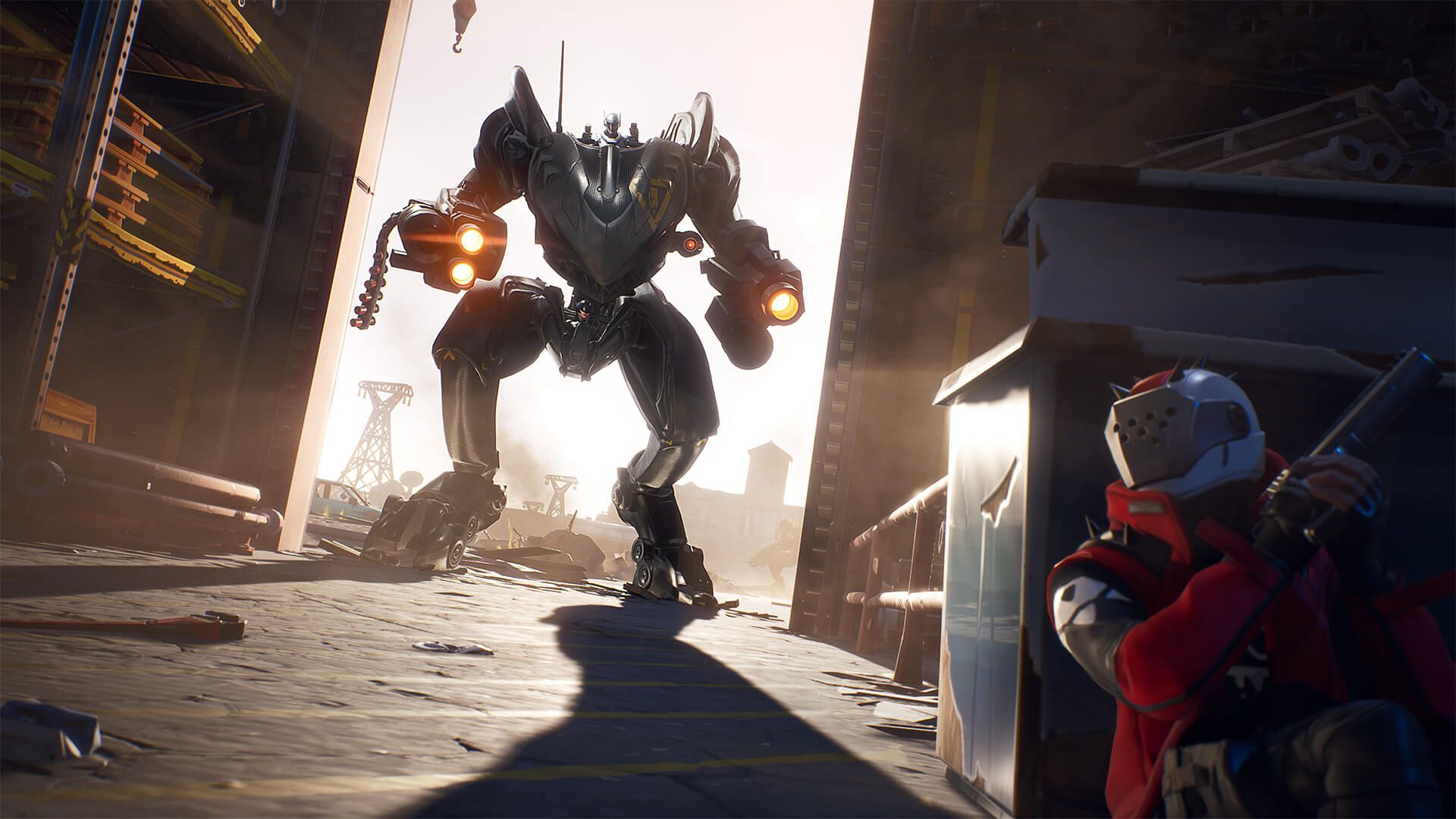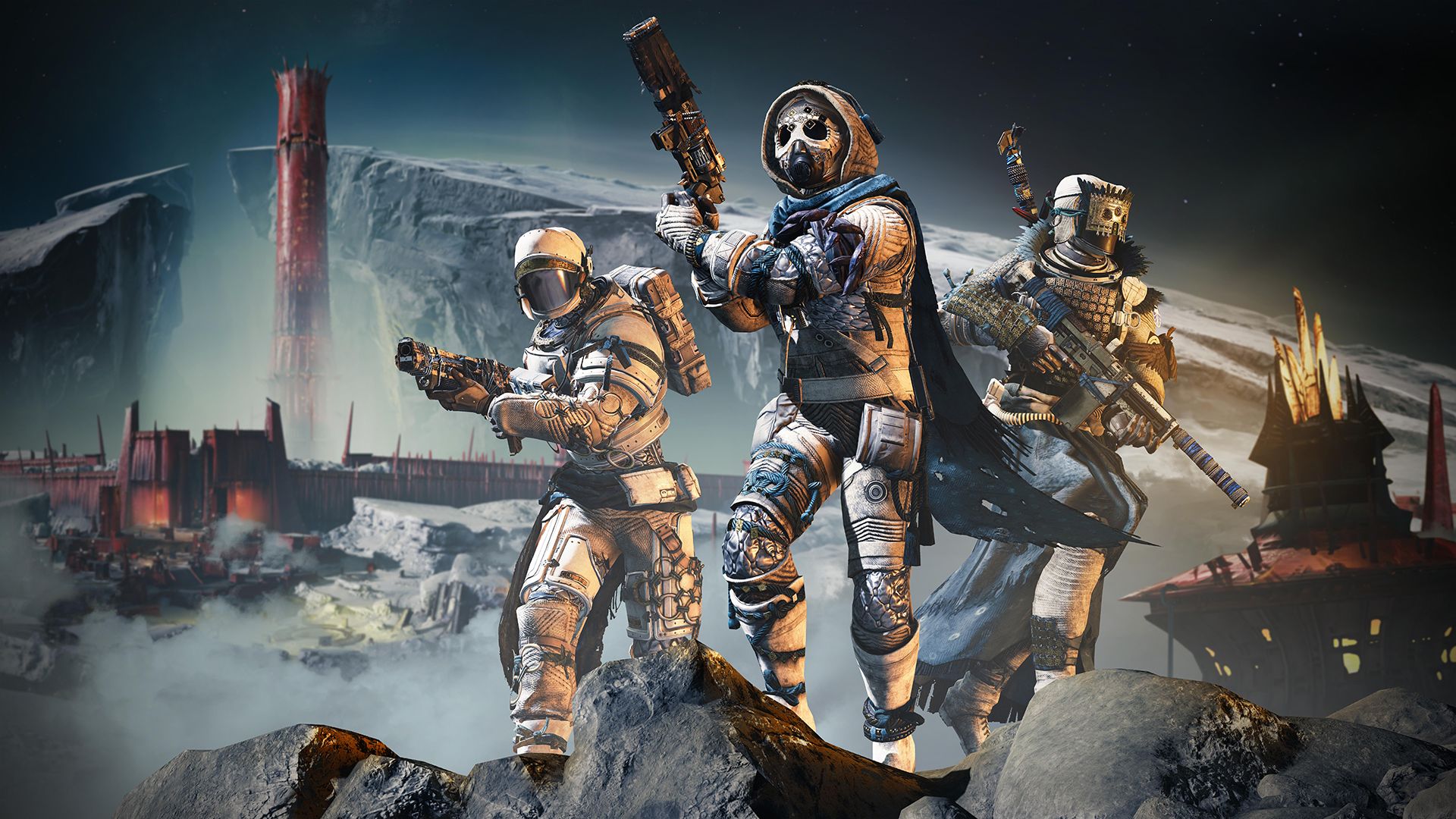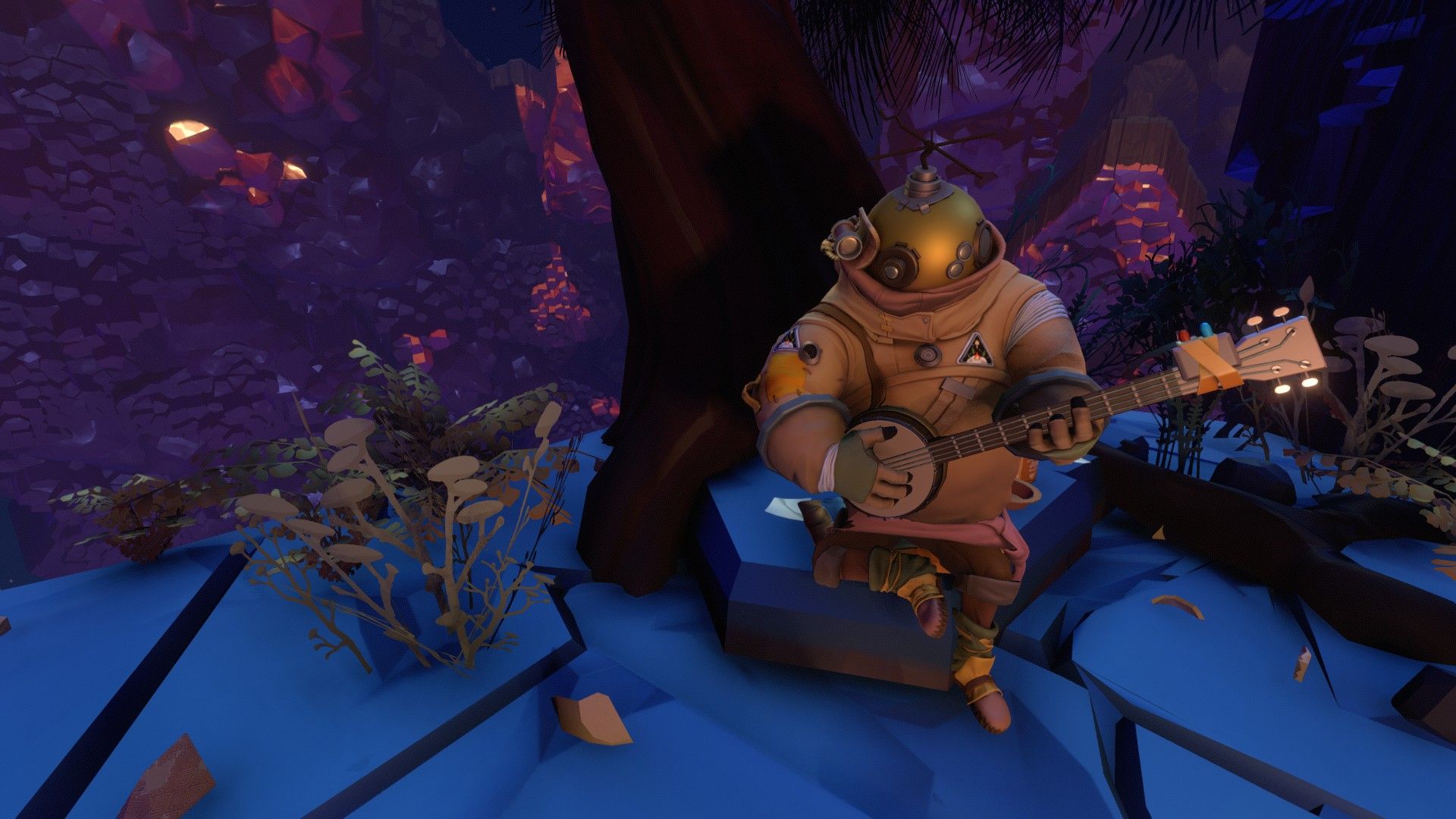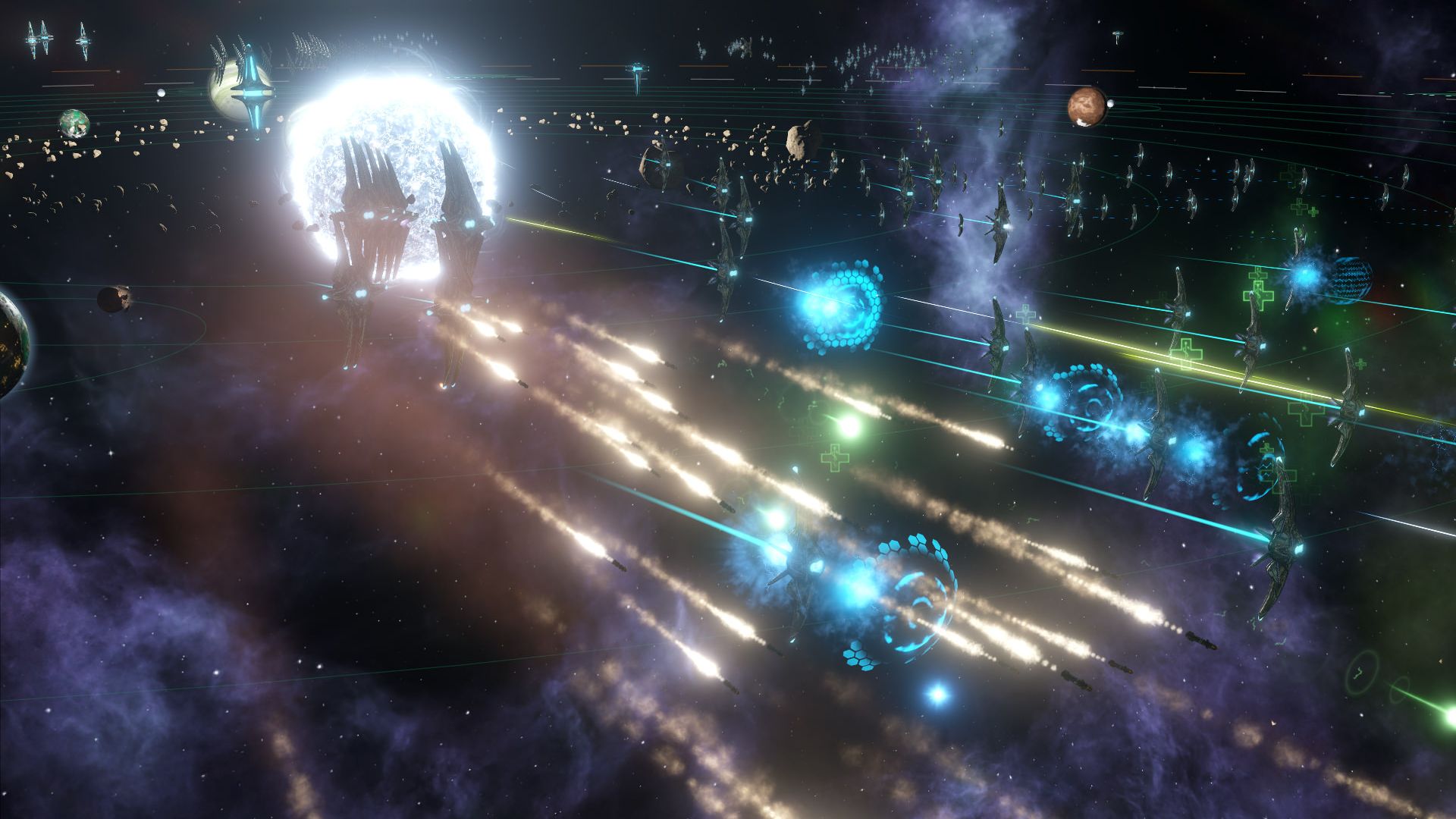
Ah, live-service games. If you really think about it, games like Destiny 2, The Division 2, Overwatch, Mortal Kombat 11, Assassin’s Creed Odyssey, Call of Duty: Black Ops 4 and so on are fueled by a single desire – to have a game you could play forever. Getting immersed in the Canaan Islands of Ys or the Liberal Kingdom of The Legend of Heroes: Trails in the Sky is great. But saying goodbye to those singular experiences and not having the gameplay incentive to return (save for re-experiencing it all, which I personally feel is great every now and again) doesn’t quite gel for some.
That’s because live-service or games-as-a-service or whatever term the industry wants to come up with next recognize the investment potential of a game. People want to spend more time in these universes and feel like that time is being rewarded. They might like a certain style of gameplay and be comfortable doing the same thing for months on end. You would think these would be the ingredients for a perfect video game.
However, over the past few months and with this recent Electronic Entertainment Expo, a new “trend” has been on the rise. It was actually around for quite a long time but more publishers are seemingly coming around to having – gasp – replay value in their titles.
The Outer Worlds isn’t a super long game – it can be completed in roughly 15 to 20 hours – but Obsidian Entertainment is emphasizing player choice and customization to allow for replays. Dying Light 2 is another excellent example – the world can be altered depending on your decisions with different foes, opportunities and objectives opening up as a result. Cyberpunk 2077 will present a number of different build options and outcomes to allow players to have a different experience each time they make a new V (while simultaneously stuffing Night City with things to do for those only playing once).
Calling this a “trend” is facetious though. Numerous titles from Dark Souls and Divinity: Original Sin 2 to The Legend of Zelda: Breath of the Wild and Stellaris to The Binding of Isaac and Dead Cells have emphasized replaying the same “content” in new and interesting ways. Using new weapons, taking no damage, going straight to Hyrule Castle, choosing a new Origins story or constructing a race of Fanatic Purifiers – the list goes on in terms of new experiences that players could potentially have. I’ve said before that an “experience” isn’t necessarily defined by new story content but in new gameplay opportunities and avenues that players could have with existing mechanics and systems.
Why does it seem to be more obvious than ever though? And why are live-service titles on the down-trend as a whole? First, it’s important to understand the current state of several popular live-service titles.
Games like Overwatch, Destiny 2 and The Division 2 may have tons of content with more added each month. However, they each suffer from their own shortcomings which can make that content irrelevant for anyone joining for the the first time. Take Destiny 2 – the Leviathan Raid may have been all well and good when it released but by the time Forsaken’s Last Wish Raid landed, it was relegated to the background. That’s just for an activity that requires you to find other players – matchmaking for certain activities like the Forges from Black Armory can prove even more arduous.
Such is the constraint that all MMO-lite titles face though. Not everyone will be going back to older World of Warcraft raids in their completely unaltered form just for kicks. The Division 2 is a good example of this – once new content arrives and a new meta build is discovered, players will abandon raids like Operation Dark Hours. Heck, such is the end-game state of both Destiny 2 and The Division 2 that there’s very little reason to engage with either end-game. That’s because the effort put in doesn’t necessarily reflect the rewards earned (if you’re lucky enough to get those rewards at all).
Besides, those same live-service players are starting to look beyond just loot and incremental power-ups. They’re seeking memorable experiences. When their game of choice fails to provide anything worth emotionally investing in, whether it’s appealing characters or a deep coherent story, the investment becomes a bit tenuous. It also doesn’t help that all that time and effort put into those overpowered weapons or build is undone with a new balance patch. With Destiny 2, this happens every “season” and can result in weapons like Whisper of the Worm becoming less than worthwhile.
“Do you want to keep using the same weapon and set-up forever?” some one would doubtfully ask. That’s not the problem. The problem is when you work to get a weapon that’s contained in a mission only available on the weekends, that too after triggering the right Public Event, where failing the mission will start this process all over again…and it’s made less useful because a developer thinks it would trivialize future content. Players waited for hours to even get the Public Event to show up, mind you.
The same could be said of The Division 2. Players spent weeks grinding out their favourite builds, only to have them invalidated when the Gear Score was raised with the Tidal Basin update. Ubisoft Massive also went about nerfing every popular skill and changed things up before the Operation Dark Hours raid launch, making it essential to grind out new items again. It’s sense taken to upgrading all the existing skills and thankfully not raising the Gear Score.
Overwatch is still incredibly popular and rakes in profits like crazy but there’s no denying that revenues and player numbers are down from launch. You could blame a stale meta and lack of interesting seasonal events for the same, though Blizzard’s recently announced Role Queue could breathe new life into Competitive Play. But the game’s prime investment drivers just aren’t all that compelling any more. The lore hasn’t seen any significant advancements – all those wonderful characters we’ve grown to like over the years feel like they’re stuck in time, unchanging, repeating the same annoying voice lines.
Collecting cosmetics can only take you so far – those who have already built up a significant collection won’t really be driven to drop cash on more items unless they’re exceedingly incredible. Competitive Play has been underwhelming for a long time now and it feels like too much is out of the player’s control when it comes to climbing the ranks. There’s also no telling how the balance will pan out since Blizzard seems to take its time making small adjustments to certain metas.
You could argue that Fortnite: Battle Royale has a constant stream of updates and content since launch to encourage players to keep coming back. However, the same sets of problems emerge – balancing, the lack of appeal to cosmetic collecting, the lackluster new content, and so on. Don’t even get me started on Anthem which arrived, dropped a single Stronghold, some Elysian Stronghold Caches (which were subsequently removed) and some Legendary versions of existing missions before effectively peacing out. At least, until the underwhelming Cataclysm hits live servers.
Assassin’s Creed Odyssey straddles an interesting line. Ubisoft clearly wants players to keep coming back and paying for new cosmetics by incentivizing them with new content like New Game Plus, Lost Tales of Greece missions, the Story Creator and whatnot. It’s not a bad approach but again, the desire to shift weapon balance and economy like a live-service game while not adding substantially different content outside of the paid expansions will ensure that players bounce off fairly quickly.
Don’t get me wrong – a game like Destiny 2 has a healthy player base and a major expansion coming in Shadowkeep while The Division 2 will have DLC Episodes for new story missions. But live-service as a whole is trending downwards, as the announcement of only one new paid live-service title in Marvel’s Avengers at E3 2019 has showcased. Competitors like Path of Exile and Warframe continue to subsist thanks to their free to play models, which is a different case altogether.
So what is it about replay value that’s suddenly making companies sit up and take notice? It’s not like the phenomenon of a more compact experience with tons of variables to encourage repeated playthroughs is a new trend. It’s something that rogue-like titles, 4X games and strategy titles have been doing for years now. Dead Cells is fun because of the possibility of different weapons and builds combined with awesome combat (and you can always fine-tune the game if there’s a specific set of items you want). Enter the Gungeon has an insane amount of variety with its weapons which interact with each other in unexpected, cool ways. Both titles don’t have an endless amount of levels or environments. If you’re good enough, they can be completed in an hour or so. But they have oodles of replay value.
On the other end of the spectrum are strategy titles. Games like Total War: Warhammer 2 have a large map with various factions battling over a single objective. Depending on the faction chosen, your starting location, what other factions will do and how you choose to expand – either through conquest, diplomacy, trading or a mixture of all three – each playthrough can be different. The Creative Assembly expands on this by introducing new races with their own mechanics into the fray. Total War: Three Kingdoms has much of the same philosophy with its own setting, characters, story-lines and battle mechanics. However, it will change things up by releasing Chapter Packs which take players to different points of the Three Kingdoms era to experience new stories.
Let’s take a completely different example – Outer Wilds by Mobius Digital. It’s an action adventure game with rogue-like elements but presents a unique hook – explore the system for 20 minutes before it’s inevitably destroyed. It then layers in interesting locations, gameplay mechanics, puzzles, lore and a compelling story to keep players coming back.
Don’t get me wrong. There have been failures like Deus Ex: Mankind Divided which provide all kinds of ways to play but fall short due to other problems like a tacked on Breach mode, technical issues and a lackluster story. And while the market is still very strong for live-service games, it’s been consolidating into a few titles for a while now. The increased emphasis on multiplayer and social interaction – the latter being necessary to incentivize cosmetic microtransactions – is also a factor. Not everyone has the time to experience content as it releases with their friends. Not everyone can just sit down for a raid or some co-op missions and play for hours at a time anymore.
More importantly, a lot of people just don’t want to. They’re seeking experiences and stories. The infinite possibilities that games-as-a-service or live-service titles have presented are being laid bare as fairly limited. In cases like Anthem, they can turn into outright liabilities. On the other hand, when playing a game like Divinity: Original Sin 2, you know there’s a complete experience you can go back to and sink dozens of hours.
When I load up the game, I can choose a completely different class or an Origin character who’s story I have yet to fully explore. I can find new quests, new dialogues, experiment with new spell interactions and have a completely new experience. I know there will be even more excellent voice acting, dialogue and characters awaiting me. Even better, I can install mods to further change up the experience. Will I eventually experience everything the game has to offer? Sure but I’ve have those memorable experiences to look back on fondly.
As noted previously, it’s not like live-service games are infinite either. Developing and supporting them is a massive endeavour that requires multiplayer balancing, server maintenance, creating new art assets, programming new mechanics, marketing new features and cosmetics, and testing to make sure it all doesn’t break immediately. There’s only so much room for memorable experiences and as many games over the past few years have proven, the market for delivering those experiences is still pretty rife with opportunity.
Different developers are looking for their own ways to get around the live-service lull. Fortnite is engaging in more sponsored collaborations to get players to be a part of a “limited time experience” (with cosmetics tied to it of course). Watch Dogs Legion will have 20 different versions of the script so you could play the game twice and not have the same encounters. The ability to recruit and play as anyone in the open world also lends itself to replaying the same content in different ways. However, I can see Ubisoft adding new traits, personalities, character types, skills, occupations and more as a way to freshen up the experience. It’s very akin to rogue-likes which has me incredibly intrigued. Then there are games like Final Fantasy 7 Remake which simply divide the game up into massive sub-games, each offering a vast amount of content to consume in anticipation of the next “episode”.
At the end of the day, I feel that a good game isn’t one that’s necessarily replayable for years and years at a time with bits of content patched in and changes made to my hard-earned items. Value is ultimately subjective – I may not feel a game’s value is defined by the number of hours, mindlessly grinding away or re-running the same activities again and again. But there is room to enjoy that in this industry – it’s one of the reasons that looters are so darn addictive and replayable. We just love the dopamine hit that new, powerful loot provides, feeding into our power fantasy over time.
However, just like TV shows with a never-ending number of seasons, superhero movies with their never-ending sequels or comics with their endless crossovers and issues, there is still room in the gaming industry for meaningful standalone experiences. Maybe you’d want to go through them once, twice, five times, ten times but those are games that will stay with you through the years. It may be a game like Cyberpunk 2077 where you experiment with different origins and decisions. It may be a game like Stellaris where you play as a race of robots that have taken over everything for humanity and are slowly propagating through the universe. It may even be a game like RimWorld where you don’t know what morbid hijinx your colonists will get up to next.
Whatever the case may be, one thing is for certain: Live-service and games-as-a-service titles may still dominate headlines and digital revenue for a select few companies. But much like battle royale titles, MOBAs, MMORPGs and so on, the industry has taken to correcting itself, leaving only a few major competitors standing. What everyone else decides to do is ultimately up to them. So why not make some complete games with reasons to play them? It could be a good change of pace, even if the monthly active user count isn’t exactly bonkers. Oh and the market for singular experiences like Ys IX: Monstrum Nox and The Legend of Heroes: Trails in the Sky is still viable. So that’s pretty nice.
Note: The views expressed in this article are those of the author and do not necessarily represent the views of, and should not be attributed to, GamingBolt as an organization.








